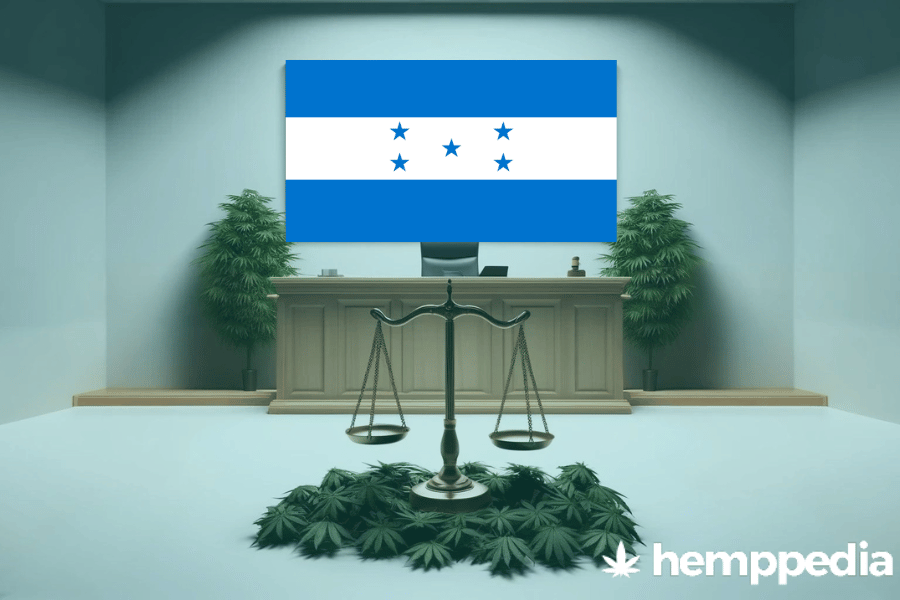TL;DR
The legality of CBD, the non-psychoactive compound in hemp and marijuana, is a topic of interest and contention across the globe. In the Central American country of Honduras, the status of CBD is largely unclear. Despite the global trend toward the regulation of CBD, Honduras continues to navigate its own path. This blog post aims to provide an in-depth analysis of the legal situation of CBD in Honduras.
Current legal status of CBD in Honduras
As of current standing, the regulation of CBD in Honduras is complex. Despite being directly derived from hemp, a legal plant, CBD remains under scrutiny due to its connection with marijuana, a substance currently illegal in Honduras. Its legal status lies in a grey area due to the lack of explicit laws or regulations around it.
Key legal aspects of CBD in Honduras
| Aspect | Status |
|---|---|
| Use | Unclear |
| Possession | Unclear |
| THC content | Illegal |
What is CBD?
CBD, or cannabidiol, is one of the many compounds found in the cannabis plant. Unlike THC (tetrahydrocannabinol), CBD does not have psychoactive properties, meaning it does not cause a “high”. Health benefits associated with CBD include pain relief, reduced anxiety and depression, and various neurological benefits. CBD can be extracted from both marijuana and hemp plants, which adds to the complexity regarding its legal standing.
Overview of CBD Legislation
Key Terms:
- CBD: Cannabidiol, a non-intoxicating compound found in cannabis and hemp plants.
- THC: Tetrahydrocannabinol, the main psychoactive compound in cannabis that gives a “high” sensation.
- Hemp vs. Marijuana: Both are species of the Cannabis sativa plant, but hemp contains less THC than marijuana.
Legal Status:
In Honduras, the specific regulations around the use and possession of CBD are virtually non-existent. There are no clear federal or local laws that stipulate the legal restrictions about CBD.
Historical Context
Cannabis and CBD have long been entwined in the cultural fabric of Honduras, with usage dating back centuries. However, due to the international war on drugs, cannabis and its derivatives, including CBD, became stigmatised and criminalised.
Possession, Use, Cultivation and Sales
The specifics regarding the legality of possession, use, cultivation, and sales of CBD in Honduras remain murky. There are no regulated avenues for the purchase or sale of CBD in the country. Moreover, the cultivation of hemp, while less scrutinized than marijuana, is not clearly defined by Honduran law.
Enforcement and Penalties
Penalties for non-compliance are not explicitly defined for CBD due to the lack of clear regulations. However, given the general stance towards cannabis in Honduras, contraventions may potentially lead to legal consequences under the country’s narcotics laws.
Comparative Analysis
Compared to nations such as Canada and Uruguay, where cannabis is fully legal, and several U.S. states where CBD is fully legal, Honduras has a far more conservative and restrictive approach to CBD, similar to many other Central American countries.
Conclusion
The legal ambiguity surrounding CBD in Honduras certainly makes it a challenging landscape to navigate. While worldwide acceptance of this non-psychoactive compound is on the rise, the situation in Honduras is yet to pivot. The lack of explicit laws and regulations furthers the confusion regarding the acceptability of CBD use and possession in the country. As CBD continues to make waves in the global market, only time will tell how Honduras confronts this evolving issue.





